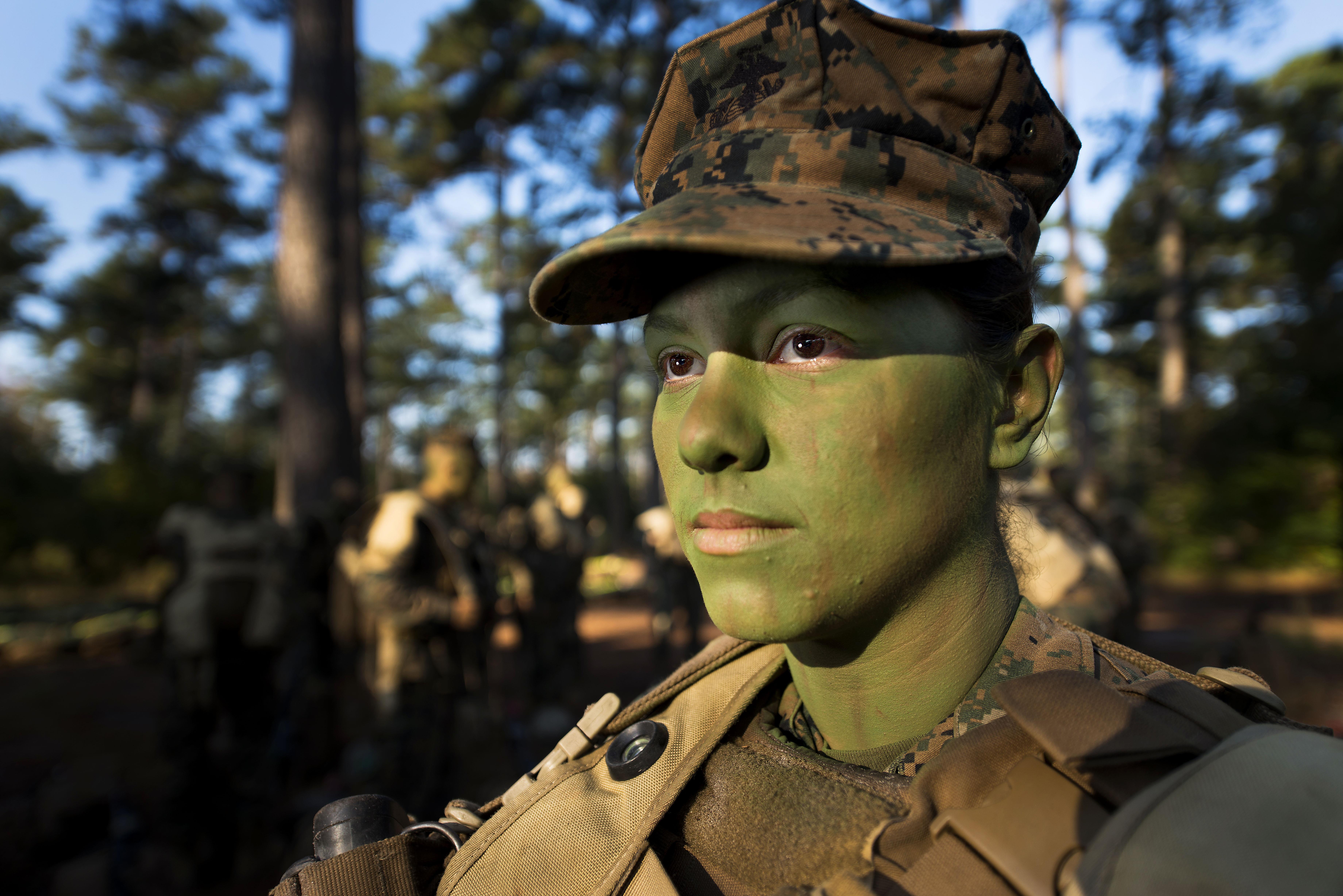
SAN DIEGO — When asked for his thoughts about the pending integration of women into the military’s male-only special operations forces, retired Adm. James G. Stavridis thought back a generation.
In 1993, Stavridis took command of the destroyer USS Barry (DDG-52), his first tour as skipper of a ship that, like the combatant fleet at the time, had an all-male crew. But the Navy was changing. It lifted restrictions allowing women to be assigned to all ships. During that 1993-1995 command tour, which included deployments to the Persian Gulf, Mediterranean and Haiti, the Barry became the first combatant to have women aboard`as crew members.
“We spent a year getting ready for that, my all-male crew,” recalled Stavridis, responding to an audience member’s question after he delivered the opening speech at West 2016, a three-day conference cosponsored by the U.S. Naval Institute and AFCEA International. “We did workshops. I walked around and talked to every work center on the ship. We spent a lot of time thinking about the role of women.”
“And then we did a change out, where 15 percent of the crew left and in came 15 percent new,” he said. Those included the first group of women, including a junior officer and now-retired lieutenant commander he recently encountered again.
“I’ll tell you this: Within three weeks, after the women got aboard, we all shrug our shoulders and we said, ‘What was that all about? What was the big deal?’” he said.
Stavridis, former NATO supreme allied commander and now dean of the Fletcher School at Tufts University, said he supports the full integration of women into the military, including special operations forces, in the same vein as he experienced with Barry.
“At the end of the day, if women can meet the standards — just like they met the standards on the Barry — if they can meet the far higher standards of special operations, I think they should be part of that community,” he said. “I don’t think that is a particularly complicated set of decisions.”
To Stavridis, a former head of U.S. European Command and chair of the Naval Institute board, it’s a pretty straight-forward issue.

“I am perplexed why this is such a complicated issue,” the retired admiral later told USNI News. “I think they will establish standards, and if you can meet, terrific, welcome to this community, and if you can’t, sorry, you can’t be a member of this community — be that a surface officer on a destroyer or an Army Ranger going through the Ranger course or a Navy SEAL.” The same applies whether talking about women joining the Marine Corps or Army infantry, he said.
Lessons from the Barry “have been very well assimilated” in the Navy, Stavridis said. These include “spending a lot of time discussing and explaining the issues, ensuring everybody understands the parameters.”
“It’s like on the fairway of a golf course. On one side, people get in trouble because of fraternization, which is being too friendly. The other side of the golf course is sexual harassment, being ugly and unpleasant, and both of those have varying extremes,” he said.
“But the fairway is a pretty wide place where men and women can interact in the military. You just have to make sure people understand where the edges of the fairway are. So it’s education and leadership by example, and all the things that make a ship very good at shooting its guns ought to make it very good at integrating women and men into the crew.”





